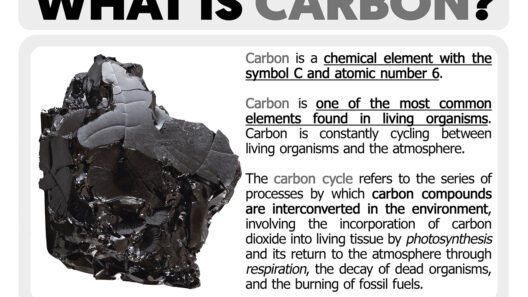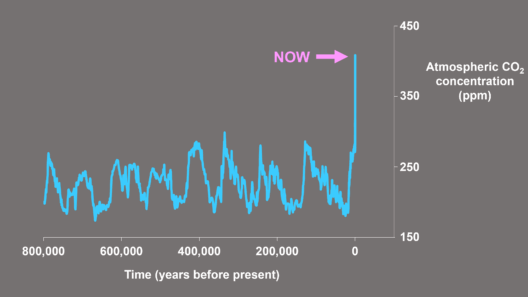The global climate crisis necessitates decisive action from every individual. A potent yet often overlooked contribution to mitigating climate change is the simple act of taking shorter showers. This practice, while seemingly minor, embodies a constellation of considerable benefits that ripple out to various aspects of environmental sustainability, water conservation, and energy efficiency. This discourse will elucidate the myriad advantages of shorter showers, encompassing water usage, energy savings, personal well-being, and broader ecological ramifications.
At its core, water conservation is paramount in contemporary environmental discourse. Freshwater resources are increasingly scarce due to climate change, pollution, and unsustainable consumption patterns. The average shower consumes approximately 2.1 gallons of water per minute. Consequently, a typical 10-minute shower utilizes over 21 gallons. By curtailing shower duration by just a few minutes, individuals can collectively save a significant volume of water. The ramifications of this action, while local in nature, aggregate to create a substantial reduction in national or global water footprints.
Recognizing the pressing nature of freshwater scarcity, diverse regions are experiencing acute water shortages, prompting some municipalities to enforce water use restrictions. Reducing one’s shower time directly contributes to alleviating this strain. Furthermore, such conservation efforts promote a communal ethos of responsibility and awareness, galvanizing others to adopt sustainable practices.
Moreover, shorter showers inherently partake in energy conservation. The heating of water for showers constitutes a hefty proportion of household energy consumption. The U.S. Department of Energy estimates that water heating accounts for about 18% of a home’s energy use. By minimizing shower duration, one also diminishes the energy required to heat that water. Less energy consumption translates to lowered greenhouse gas emissions, especially if one’s energy is derived from fossil fuels. The interdependence of water and energy resources makes this relationship critical in the broader context of climate change.
The connection between shorter showers and energy efficiency extends beyond mere water conservation. Consider, for instance, the type of showerhead utilized. Opting for low-flow showerheads not only curtails water use but also often requires less energy to heat the water. Integrating such fixtures can amplify the benefits of reduced shower times, leading to an exponential decrease in both water and energy consumption. Many contemporary low-flow models perform admirably, delivering a satisfying flow of water without the guilt of excessive consumption.
Transitioning to shorter showers unearths additional advantages tied to personal well-being. In a world inundated with distractions, the ritual of showering metamorphoses into a meditative practice. Embracing brevity compels individuals to remain mindful during their cleansing routine. Being cognizant of time fosters focus and reflection, nurturing a more centered disposition. Furthermore, a swift shower can invigorate the body and mind, leaving individuals refreshed and rejuvenated.
The practice of shorter showers also provides a platform for broader lifestyle changes. Small, manageable adjustments often pave the way for larger, transformative habits. By starting with something as simple as reducing shower duration, individuals may find themselves more inclined to adopt other eco-friendly practices, such as turning off the tap while brushing teeth, employing dishwashers only with full loads, or opting for cold water washes. Each of these modifications contributes cumulatively to environmental benefits, demonstrating the snowball effect of conscientious living.
Furthermore, promoting the philosophy of shorter showers transcends individual actions and enters the communal sphere. Community campaigns spotlighting water conservation can foster collaboration and engagement among residents. Schools, local governments, and non-profits have a unique opportunity to intertwine education with action. By raising awareness through initiatives like “Water Week” or “Short Shower Challenge,” communities can cultivate a collective commitment to sustainable practices.
Engagement through social media represents another avenue for spreading this vital message. Platforms abound for sharing personal anecdotes about the benefits of shorter showers—be it water savings, reduced energy bills, or personal anecdotes about mindfulness. Such storytelling weaves a collective narrative, amplifying the impact of individual actions. It is crucial for influencers and environmentally-conscious individuals alike to harness their platforms for advocating these habits.
In summation, the practice of taking shorter showers emerges as a profound yet straightforward approach to tackling climate change and fostering sustainable lifestyles. The interconnectedness of water conservation, energy efficiency, and personal mindfulness cannot be overstated. Every individual possesses the agency to make a tangible impact through the simple act of shortening their showers. This habit not only conserves vital resources but also sows the seeds for a broader movement toward environmental stewardship.
Ultimately, the cumulative effect of these small changes will lay the groundwork for a sustainable future. A cooler climate beckons, and it begins with individual actions, like taking shorter showers. As we collectively embrace these practices, we can cultivate a planet that thrives, ensuring its health and vitality for future generations. The time for action is now; a more conscious approach to our daily habits can yield benefits that echo far beyond our immediate surroundings.








